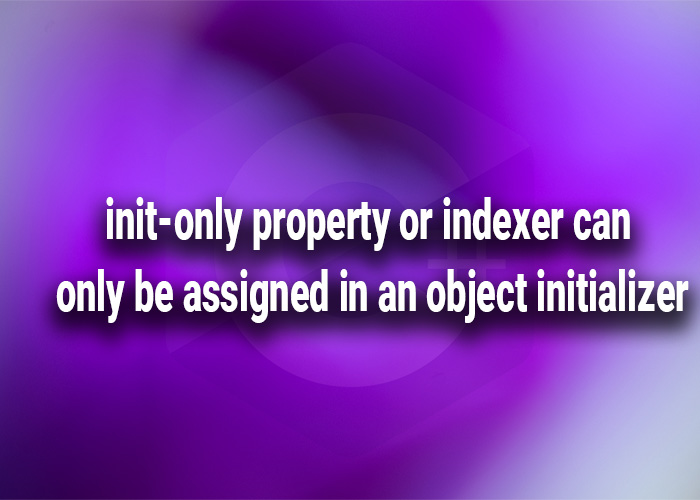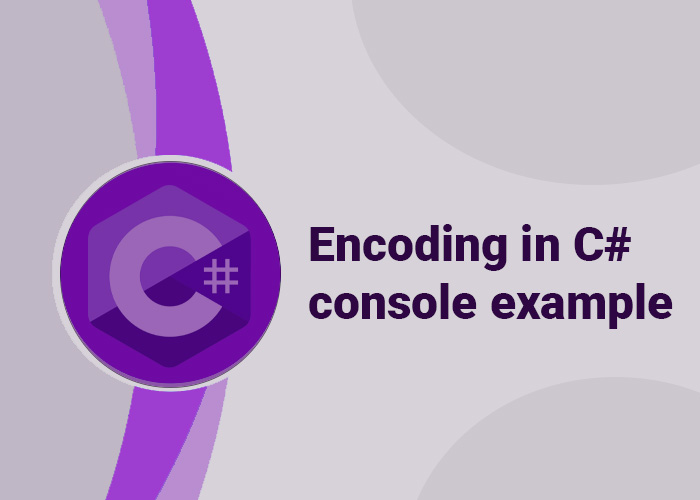How to Write Comments in C#
Comments are essential tools in C# programming, helping developers document the code by explaining what it does, why certain decisions were made, or how complex problems are solved. Properly commented code is crucial for team collaboration and maintaining code over time. This article outlines how to effectively use different types of comments in C#.
Single-Line Comments
The simplest form of commenting, single-line comments start with //. Everything following the // on that line is treated as a comment and ignored by the compiler.
Example:
// This is a single-line comment
int x = 5; // This declares an integer variable x and initializes it with 5
Multi-Line Comments
Multi-line comments are enclosed between /* and */. They are useful for longer descriptions or temporarily commenting out blocks of code.
Example:
/*
This is a multi-line comment.
You can write multiple lines without needing to prefix each line with //.
This method initializes the application settings.
*/
void InitializeSettings()
{
// Code to initialize settings
}
XML Documentation Comments
C# supports XML documentation comments, which are special comments that start with /// and can be used to generate XML-formatted documentation that can be converted to HTML documentation. These comments are placed directly above the code constructs (classes, methods, properties, etc.) and use XML tags to describe parameters, return values, exceptions, and more.
Example:
/// <summary>
/// Calculates the sum of two integers.
/// </summary>
/// <param name="a">First integer value.</param>
/// <param name="b">Second integer value.</param>
/// <returns>The sum of the two integers.</returns>
public int Add(int a, int b)
{
return a + b;
}
Commenting Best Practices
- Clarity: Write clear and concise comments that explain the "why" rather than the "what."
- Maintainability: Keep comments updated as the code changes to avoid misleading information.
- Relevance: Comment something that is not immediately obvious from the code.
- Avoid Over-commenting: Too many comments can clutter the code; use them judiciously.
Conclusion
Commenting is a practice that can significantly improve the readability and maintainability of code, especially in collaborative environments. By using the appropriate types of comments and adhering to best practices, developers can ensure their code remains understandable and accessible to all team members.





